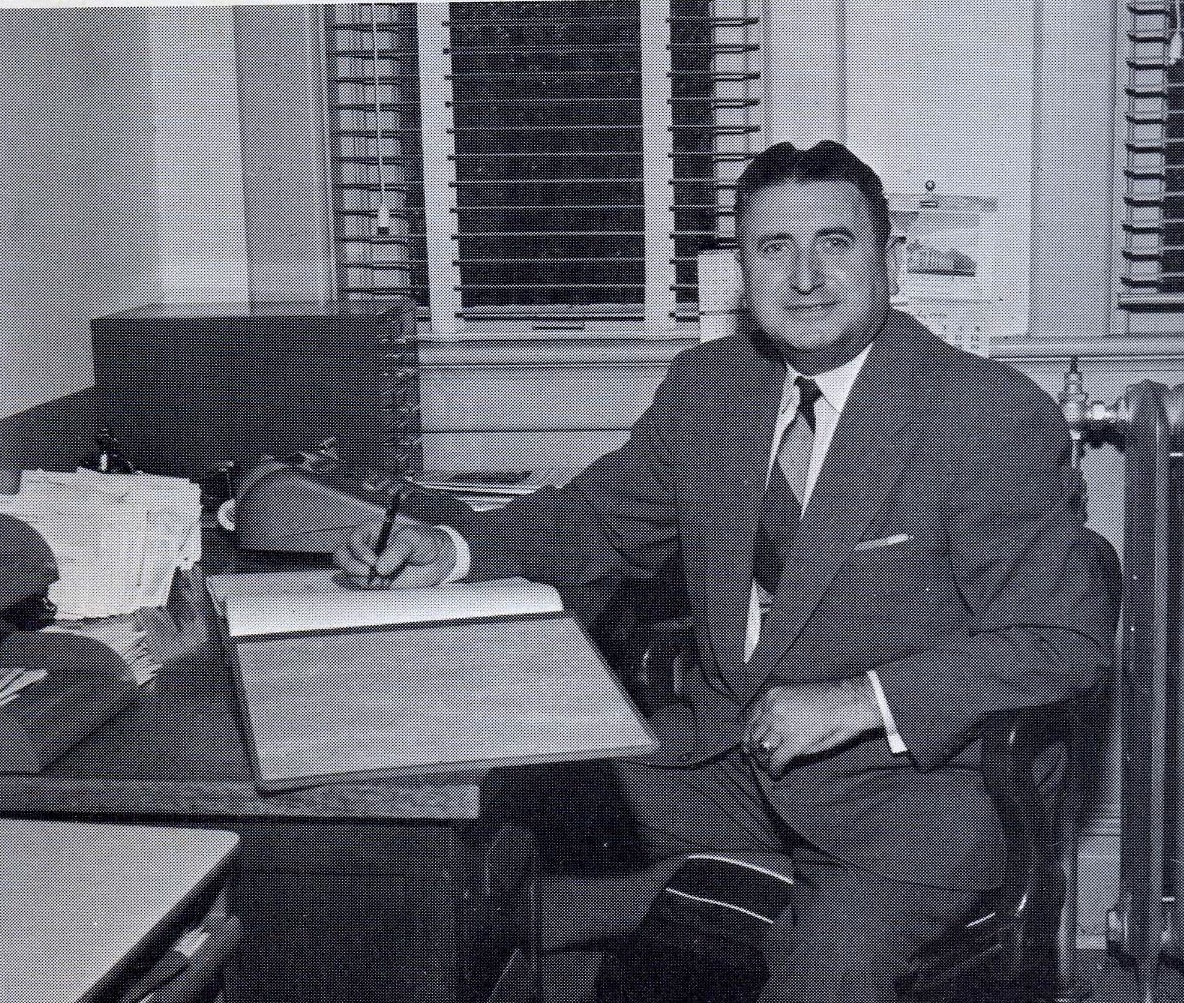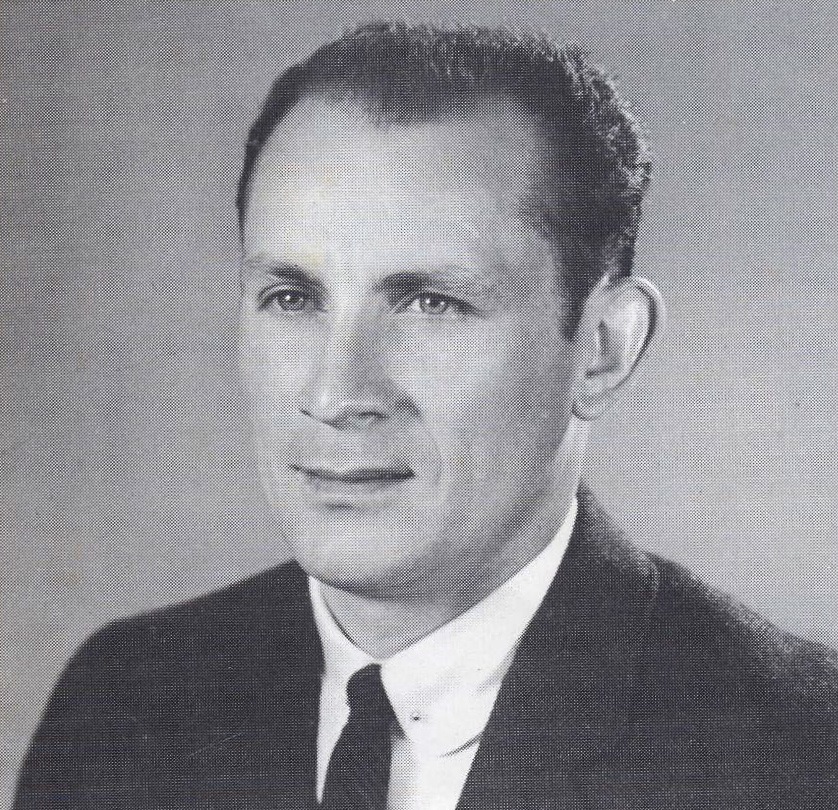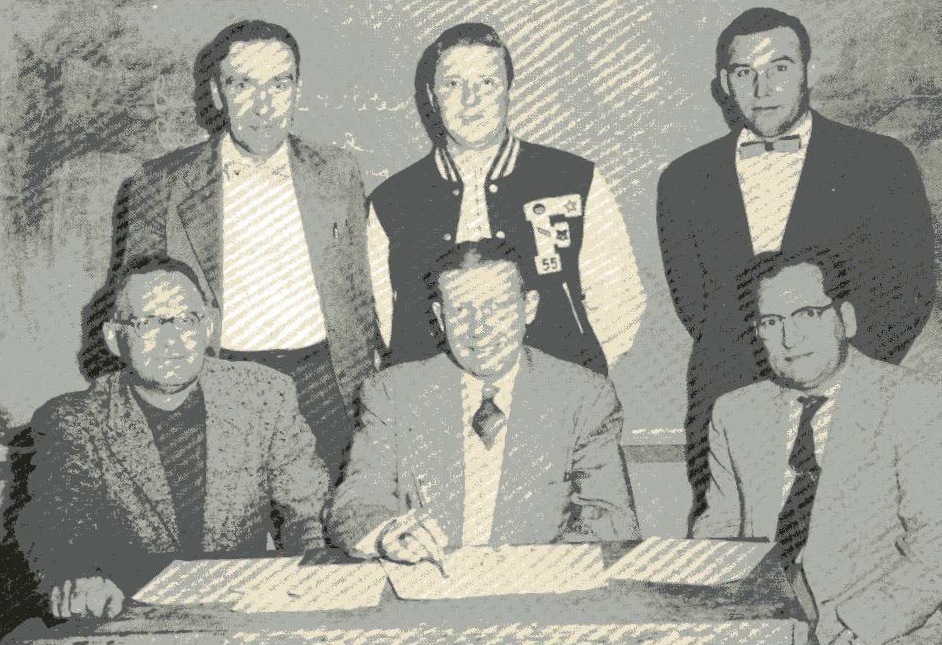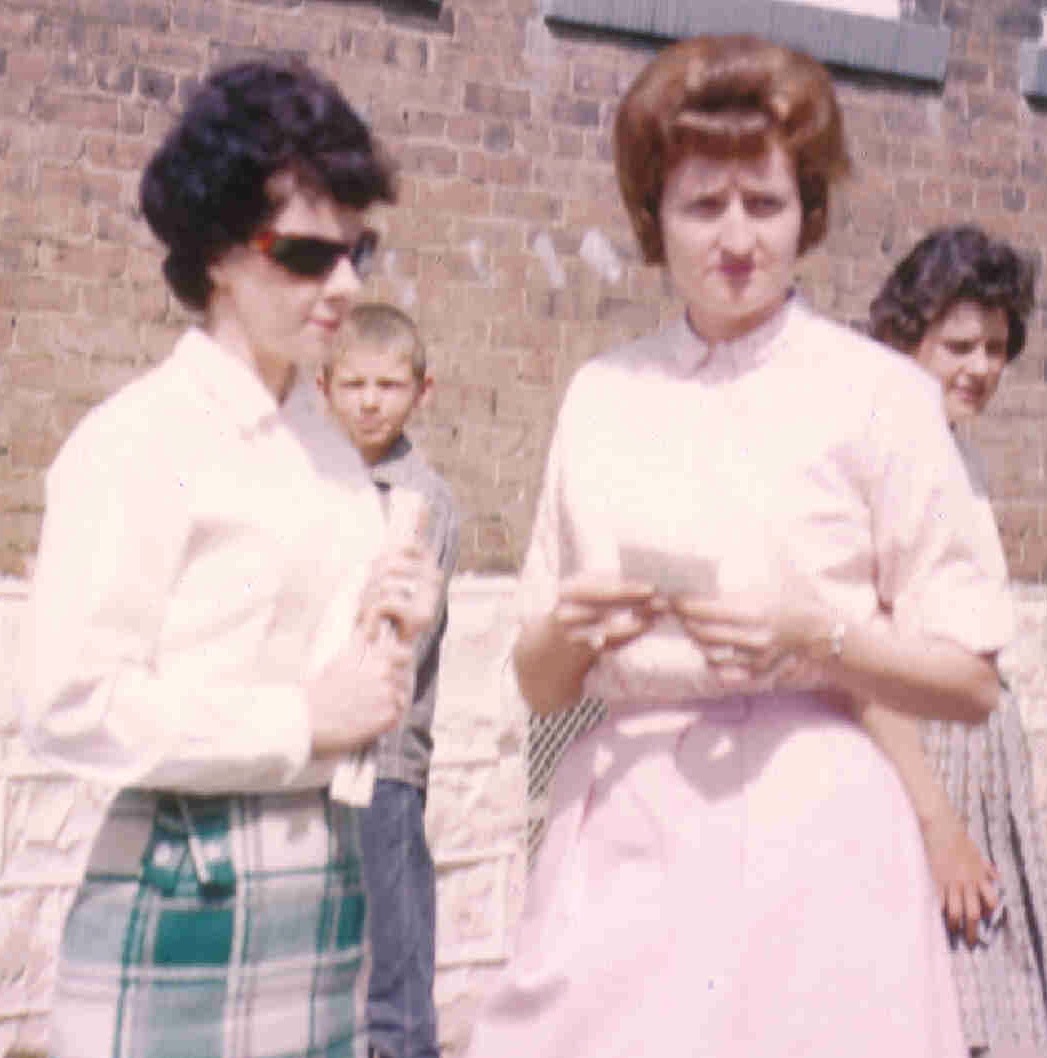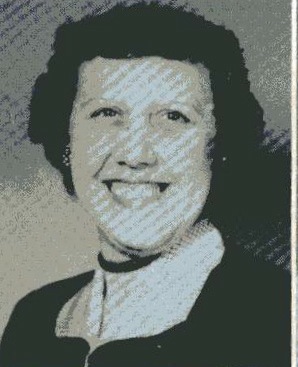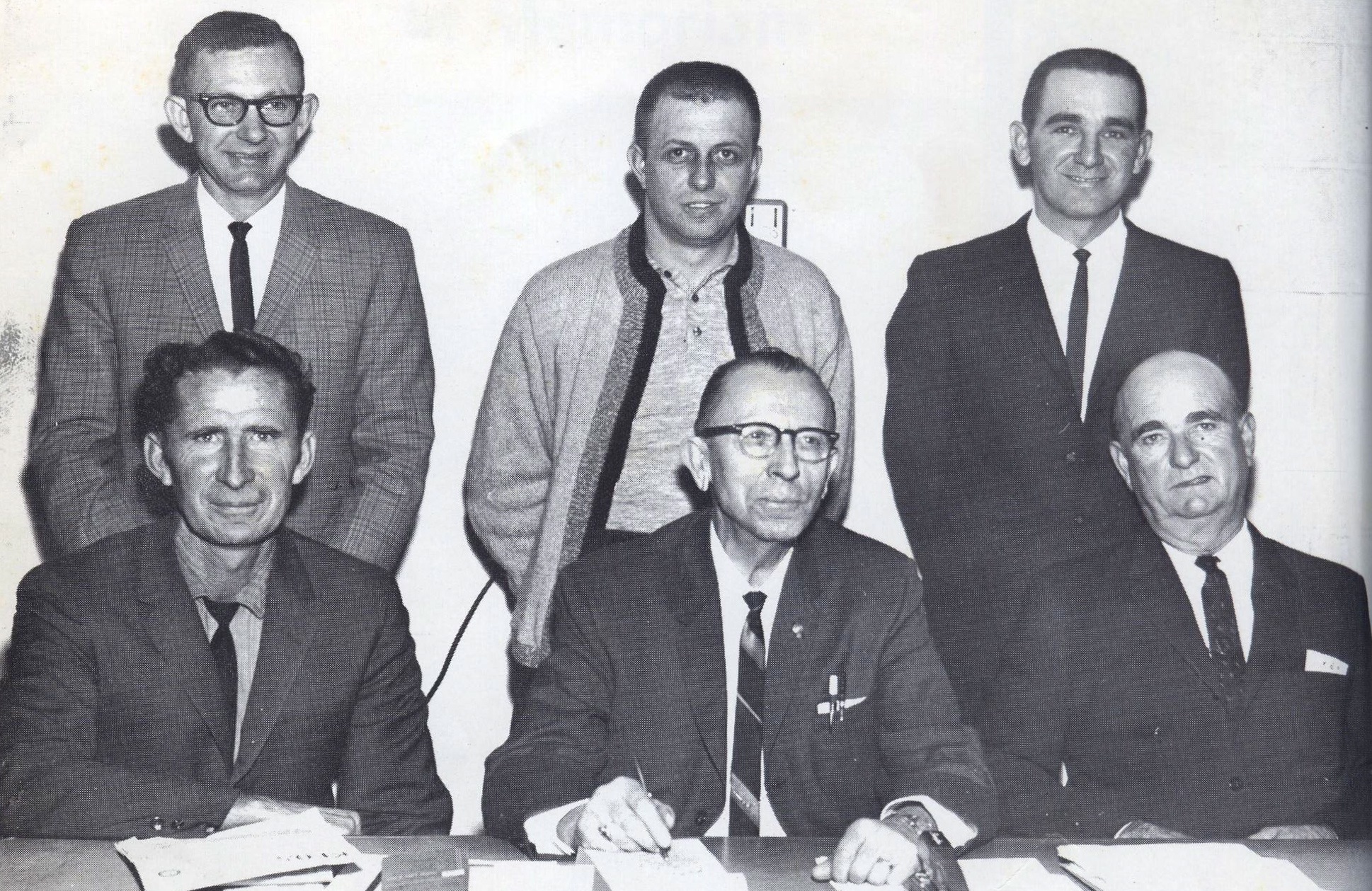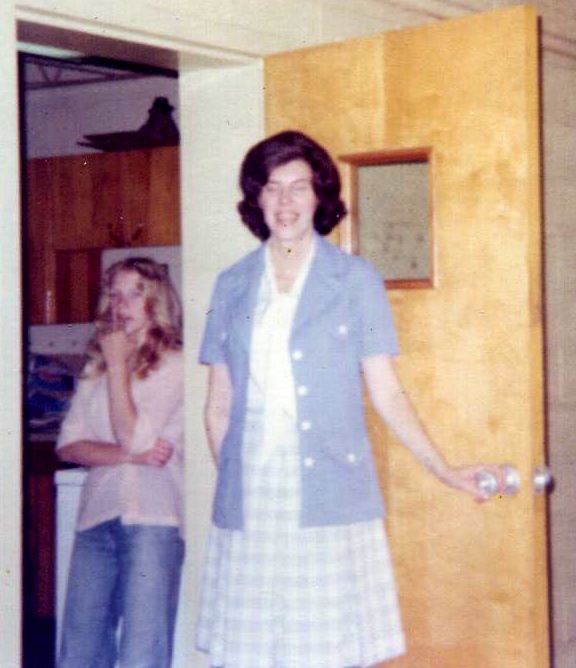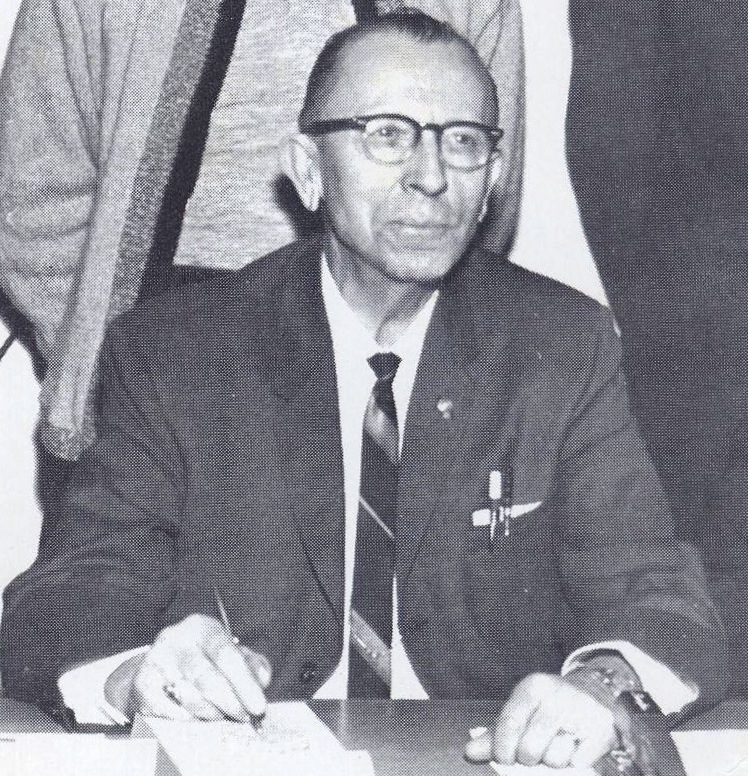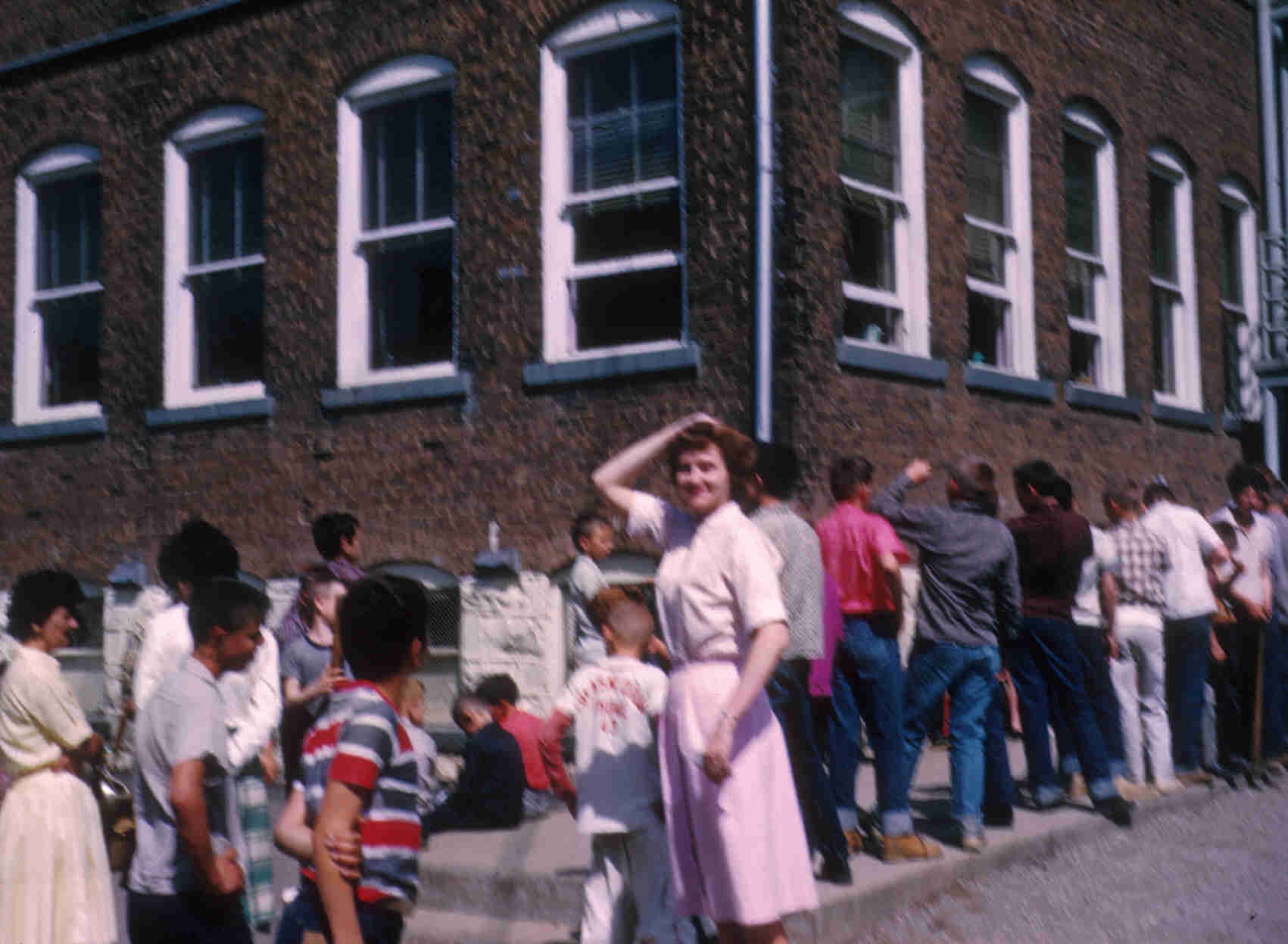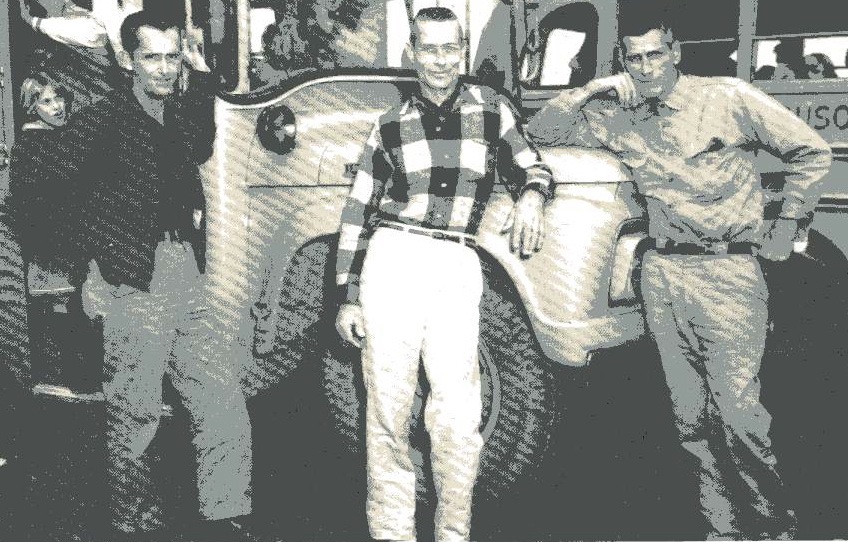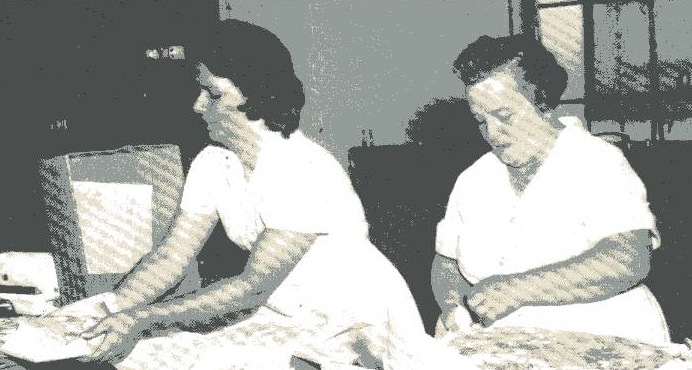| Ralph Duncan was recognized all over Kentucky as an outstanding school board chairman, possibly the best in the state and probably the best Ferguson had ever had. In a state where school boards were extremely political, filled with men trying to use the school for their own personal agendas, Duncan had no motives except the survival and excellence of Ferguson School. He had children in the school, all outstanding students, and he wanted them and every other student to receive the best possible education. His son Larry was an outstanding basketball player, but never once did Duncan try to use his position as school board chairman to obtain any special treatment from any coach. Duncan had a full time job as manager of the local monument company, but no one understood how he kept the business running while devoting seven days a week to Ferguson School business. Duncan did not have a degree in Law, Business Administration, Finance or Educational Administration, but he had a keen instinct for when someone was trying to get away with something, and he made up for his lack of special knowledge by going over checkbooks, receipts, memos and letters line by line to make sure he knew exactly what was going on. He knew, for example, that not only in Frankfort but right here in Pulaski County, there were those with their own motives for wanting Ferguson closed, and those people had no interest at all in better serving Ferguson or Pulaski County children. He also knew Somerset had violated the law by annexing only the land within the Ferguson district that contained taxable assets, a clever technique called "gerrymandering," or "islanding," which the courts had ruled illegal when county seat school districts elsewhere had tried it. Ferguson did not have the money to hire a lawyer to take this issue to court, but Duncan tried to convince the state attorney general that the state itself should file suit on behalf of Ferguson. He became convinced Somerset individuals with political connections to Frankfort were influencing the attorney general's office to take no action, which was denied at the time, but 10 years later, in 1976, when a different party was in power, records were made public which proved Duncan right. In the final analysis Ralph Duncan was a very good man fighting a losing battle, but he probably kept the school open several years later than it otherwise would have been. |
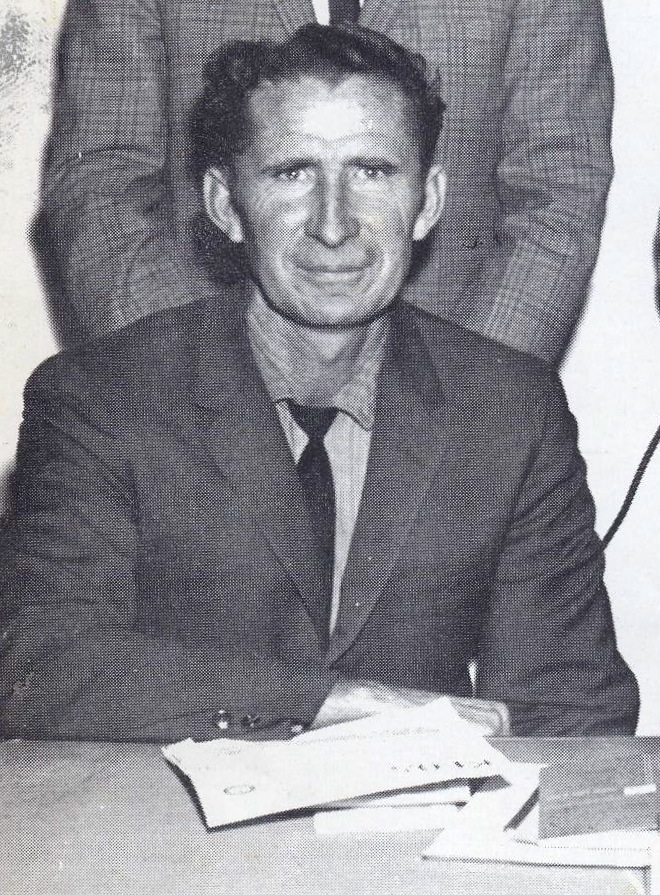 |
